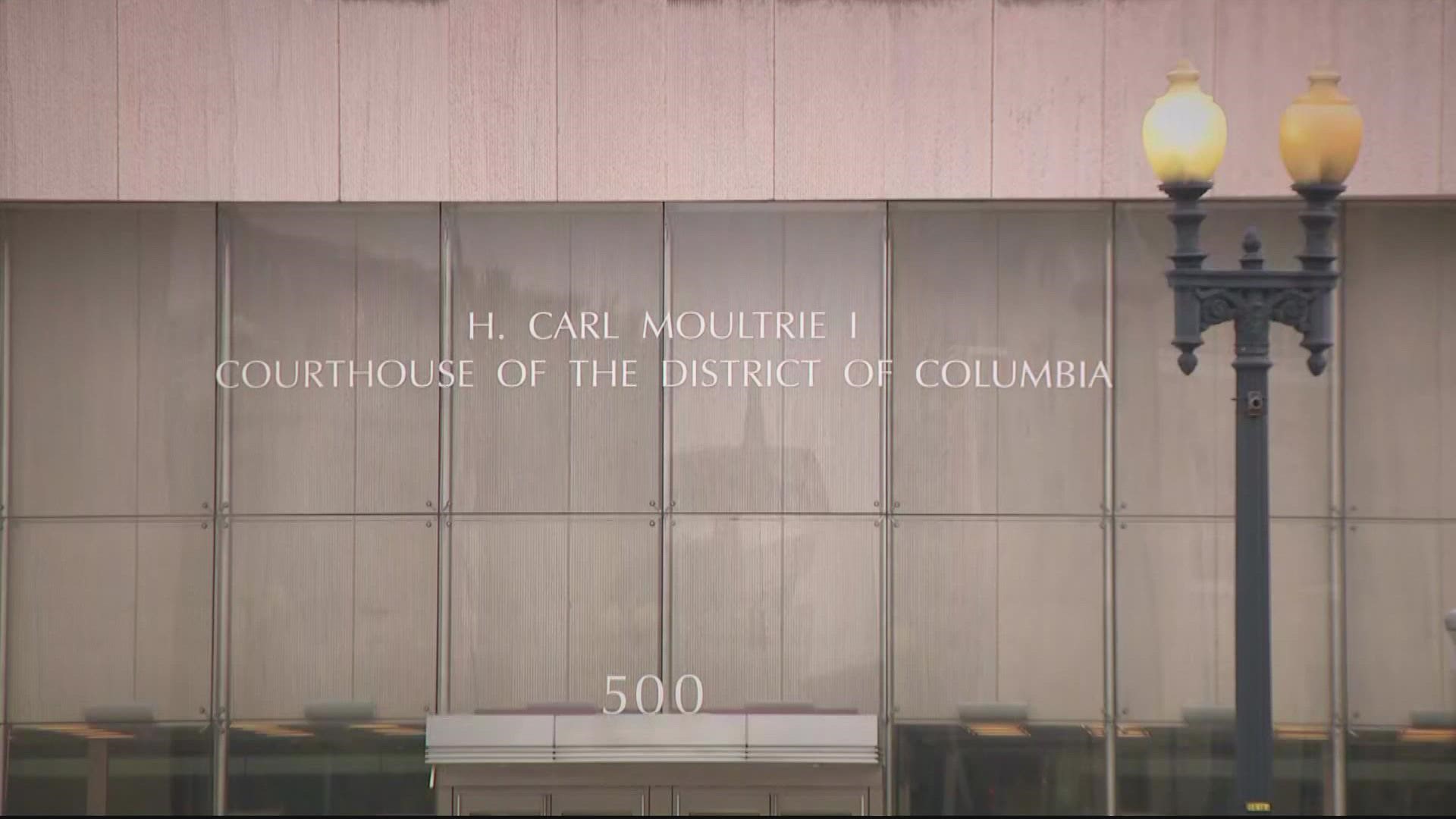WASHINGTON — The Revised Criminal Code Act is heading to Congress for review after the D.C. Council voted to override D.C. Mayor Muriel Bowser’s veto.
The revised code has some people concerned though, and many are asking if the new code will make us safer, or make life easier for criminals.
We can’t predict the future, but we can verify some of the big claims being made about the Revised Criminal Code Act – like how it changes penalties for violent crimes.
THE QUESTION
Does the Revised Criminal Code Act really reduce penalties for violent crimes?
THE SOURCES
Code of the District of Columbia, Division IV. Title 22. Criminal Offenses and Penalties
Jinwoo Park, Executive Director of the DC Criminal Code Reform Commission, an independent DC Government Agency that’s been working on the bill for years.
WHAT WE FOUND
The revised code overhauls how crimes are defined and penalized. Because of that, comparing it with the old code isn’t a direct 1-to-1 process. That has left many confused.
“It’s important and people are concerned. I think there's a lot of good faith misunderstanding out there,” said Jinwoo Park, Executive Director of the DC Criminal Code Reform Commission.
Taken independently, yes, standalone penalties for most offenses are reduced.
D.C. Mayor Muriel Bowser pointed out that the maximum penalty for illegal possession of a weapon will be reduced from 15 to four years. In fact, looked at independently, the penalties for murder, manslaughter, assault, and carjacking all appear to be reduced under the new code.
But that's not the whole story.
Think of it this way: Rather than defining each offense as a standalone item, the new code gives prosecutors a series of building blocks. Those blocks can be put together to fit any given criminal offense.
Take a carjacking case like one we saw last year, when someone drove away with a child in the back seat.
“In a case like that, a person could be convicted of carjacking, plus kidnapping, to say nothing of any kind of weapons offenses and other enhancements that might apply,” said Park.
Enhancements: What does that mean?
Under the new code, certain qualifying factors can trigger penalty enhancements. Think of them as another kind of building block – they might look a little different, but they’ll still stack with the others.
Let's apply the revised criminal code to a hypothetical carjacking case like last year’s to demonstrate.
Under the new code, first degree carjacking is a class 5 felony, meaning it carries a maximum sentence of 18 years in prison. Given the child in the back of the car, let's say our carjacker is also at trial for first degree kidnapping, another class 5 felony. Those offenses stack, bringing the total maximum penalty to 36 years under the new code.
Now, imagine the carjacker had a gun. That could add a couple of more offenses: possession of a prohibited weapon (a maximum of four years with prior crime of violence) and carrying a dangerous weapon (a maximum two years).
In addition, the presence of a gun would enhance both the carjacking and kidnapping offenses. That would make both of them a class 4 felony, increasing the maximum penalty from 18 to 24 years.
There are many factors that can trigger penalty enhancements, some specific to each type of crime, others more generally applicable. Examples include repeat offenses, committing an offense as a hate crime, or abusing government power.
Just like crimes can stack together, so can enhancements. So, while the new code doesn’t include any life sentences, certain severe crimes could still put someone behind bars well past their life expectancy.
It is worth noting that D.C. doesn’t have parole either, and under the new bill, convicted criminals must serve a minimum of 20 years before sending their case to a judge for a second look.
Of course, there are some cases where enhancements don’t apply, and that could result in lower penalties under the Revised Criminal Code Act. Still, it’s safe to say the act isn’t a “get-out-of-jail-free card” for criminals.
If you have questions about the crime bill, send us an email at verify@wusa9.com or text us at 202-895-5599. We’re happy to help.

